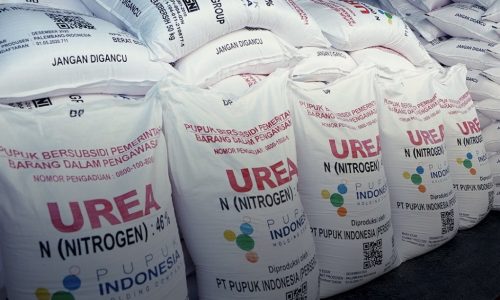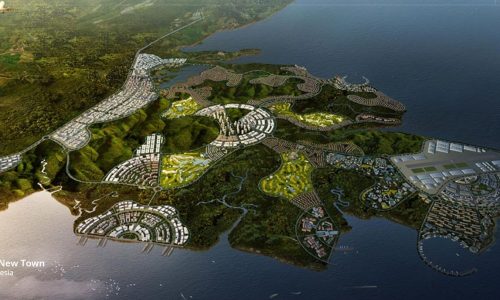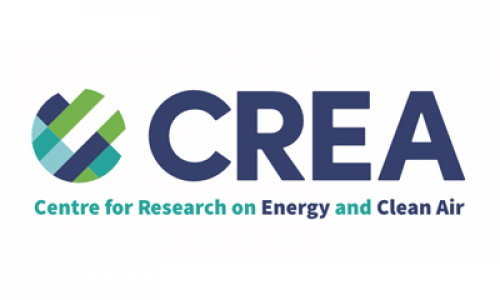The government plans to impose an excise tax on sweetened beverages and plastics due to the increasing number of diabetes cases and tax shortfall.
The State Budget Implementation Report for the first semester includes imposition of an excise tax for sweetened beverages.
The report acknowledges that customs and excise revenues did not meet the target due to various factors such as reduced tobacco production, lower prices of crude palm oil, decreased mineral exports, and lower rates of mineral export duties resulting from downstream processing.
Boosting customs revenues and curbing obesity
To boost customs revenue, the government has decided to implement an excise tax on plastics and sugar-sweetened beverages in their packaging.
The government aims to increase supervision on the circulation of illegal excisable goods and expand efforts to collect taxes on plastic products and packaged sugar-sweetened beverages in order to maximize customs and excise revenues in the second semester.
In addition to increasing customs revenue, Tulus Abadi, the Chairman of the Indonesian Consumers Foundation, urged the government to enforce the excise tax on sugar-sweetened beverages immediately to halt the increasing number of obesity cases.
There have been instances of severely overweight individuals, such as a 300-kilogram man in Tangerang, Banten, and others in different regions, which Tulus attributes to uncontrolled sugar consumption resulting from the government’s lack of seriousness and inconsistency.
Currently, there is a petition supported by 16,000 people initiated by YLKI and the Center for Indonesia’s Strategic Development Initiatives (CISDI), advocating for the implementation of the excise tax on sugar-sweetened beverages and plastics in their packaging (MBDK).
Criticism and debate
However, the proposed excise tax has faced criticism and ongoing debate. The Ministry of Finance had initially planned to introduce the tax in 2024, but now the government intends to expedite its implementation to address the revenue shortfall.
The government aims to achieve a target of IDR 245.5 trillion in excise revenue for 2023, representing 12.1% of this year’s tax revenue.
Unfortunately, the excise revenue for the first half of the year only reached IDR 105.9 trillion, which is 43.1% of the IDR 245.5 trillion target.
To help reach the target by the end of the year, the government estimates that expediting the implementation of the excise tax on sugar-sweetened beverages and plastics will be beneficial.
The legal basis for this tax is already established in Presidential Regulation No. 130/2022, which provides detailed guidelines for the State Budget 2023.
Apart from addressing the revenue shortfall, there is also a political aspect to consider. With the approaching 2024 general election, the government may face challenges in securing support from the House of Representatives, as political parties tend to adopt populist stances to gain votes.
Introducing new excise taxes is not a popular policy choice, and the government may face pressure from the parliament.
Additionally, players in the beverage and plastic industries, who will be directly affected by the plastic excise levy, may seek to delay the implementation of the policy during this critical period.









